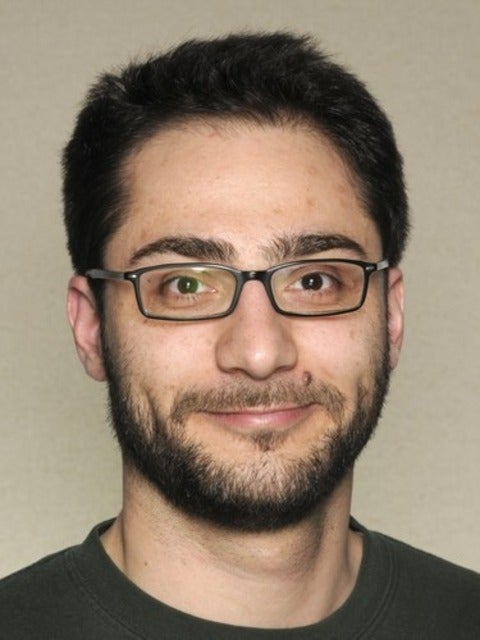Colloquium: Peter Maunz
Scalable surface ion traps for high-fidelity quantum operations
Peter Maunz, Sandia National Laboratories
Trapped ion systems can be used to implement quantum computation as well as quantum simulation. To scale these systems to the number of qubits required to solve interesting problems in quantum chemistry or solid state physics, the use of large multi-zone ion traps has been proposed [1]. Microfabrication enables the realization of surface electrode ion traps with complex electrode structures.
